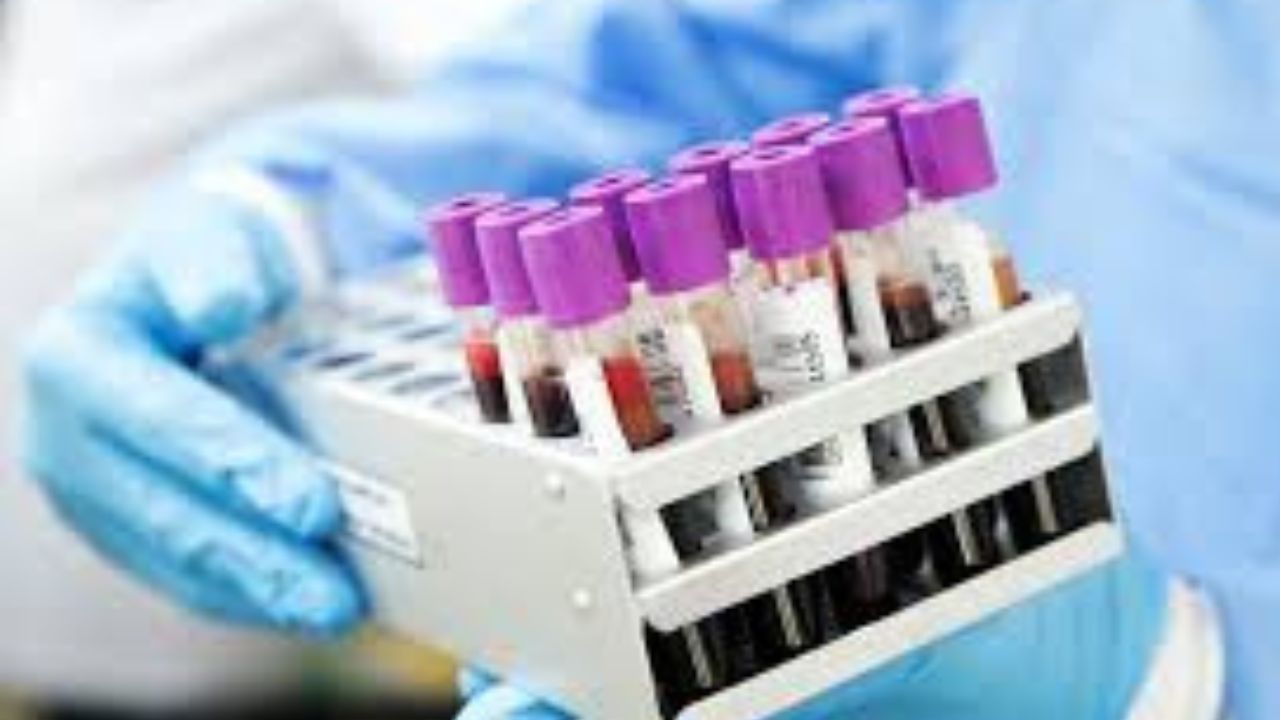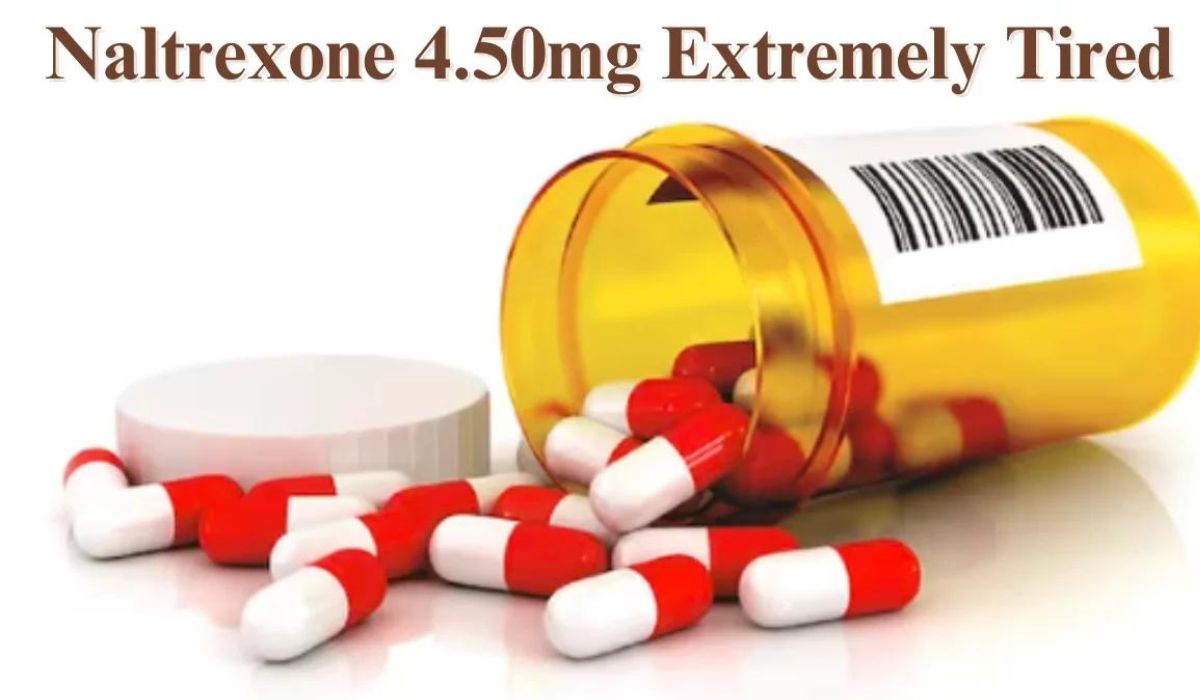Introduction
Imagine a young athlete in peak physical condition suddenly struggling with fatigue, decreased libido, and unexplained weight gain. This scenario could stem from andrigolitis, a condition that affects hormone production and overall well-being. In this article, we will explore the definition of andrigolitis, its causes, symptoms, diagnosis, treatment, and its impact on overall health.
Understanding Andrigolitis
Definition
Andrigolitis is a medical condition characterized by a significant imbalance in androgen hormone levels in the body. Androgens, primarily testosterone, play a crucial role in the development and maintenance of male and female physiological functions. When androgen production is disrupted, it can lead to a variety of health issues, affecting physical and mental well-being.
Role of Androgens
Androgens are essential hormones that influence numerous bodily systems:
- Reproductive Health: Androgens regulate libido, sperm production in males, and menstrual cycles in females.
- Muscle and Bone Mass: They play a vital role in building muscle and maintaining bone density.
- Mood and Energy Levels: Androgens influence mood and energy, contributing to overall quality of life.
Causes and Risk Factors
Hormonal Imbalances
Several factors can disrupt androgen production:
- Genetic Predispositions: Family history of hormonal disorders can increase the likelihood of andrigolitis.
- Lifestyle Factors: Poor diet, lack of exercise, and substance abuse can significantly impact hormone levels.
Medical Conditions
Various medical conditions may contribute to andrigolitis:
- Autoimmune Diseases: Conditions like lupus or Hashimoto’s thyroiditis can affect hormone production.
- Infections: Certain infections can disrupt the endocrine system, impacting androgen levels.
- Tumors: Tumors on the adrenal glands or testes can alter hormone production.
Environmental Factors
Environmental toxins and pollutants may also play a role in andrigolitis:
- Chemical Exposure: Prolonged exposure to pesticides, plastics, and industrial chemicals can disrupt hormonal balance.
- Lifestyle Influences: Stress and a sedentary lifestyle can negatively impact hormone production.
Symptoms and Signs
Male Symptoms
In males, andrigolitis can manifest through various symptoms:
- Decreased Libido: A noticeable reduction in sexual desire.
- Erectile Dysfunction: Difficulty achieving or maintaining an erection.
- Infertility: Challenges in conceiving due to low sperm production.
- Fatigue: Persistent tiredness that affects daily activities.
- Changes in Body Composition: Increased body fat and reduced muscle mass.
Female Symptoms
In females, the symptoms of andrigolitis may include:
- Irregular Menstruation: Changes in menstrual cycles or heavy periods.
- Hirsutism: Excessive hair growth in areas where men typically grow hair, such as the face and chest.
- Acne: Persistent skin issues often linked to hormonal changes.
- Male-Pattern Baldness: Thinning hair or hair loss similar to patterns seen in males.
Diagnosis and Testing
Medical History and Physical Examination
Diagnosing andrigolitis begins with a thorough medical history and physical examination. Healthcare providers will inquire about symptoms, family history, and lifestyle factors.
Laboratory Tests
Several laboratory tests may be used to assess androgen levels:
- Blood Tests: Measure levels of testosterone and other hormones.
- Hormonal Panels: Evaluate a range of hormones to identify imbalances.
Imaging Studies
In some cases, imaging studies may be necessary:
- Ultrasounds: Can help detect abnormalities in reproductive organs.
- MRI Scans: May be used to evaluate tumors or other structural issues affecting hormone production.
Treatment and Management
Hormone Therapy
One common treatment for andrigolitis is hormone therapy:
- Replacement Therapy: Involves supplementing deficient androgens, often with testosterone injections or patches.
- Potential Side Effects: Hormone therapy can have side effects, including mood swings, weight gain, and an increased risk of cardiovascular issues.
Lifestyle Modifications
Implementing lifestyle changes can significantly help manage andrigolitis:
- Dietary Adjustments: A balanced diet rich in nutrients can support hormone production.
- Exercise: Regular physical activity can enhance hormone levels and improve overall health.
- Stress Management: Techniques like meditation and yoga can help reduce stress and its impact on hormone levels.
Addressing Underlying Conditions
Treating any underlying medical conditions is crucial for managing andrigolitis effectively. This may involve medications, therapies, or lifestyle changes aimed at specific health issues.
Impact on Overall Health
Physical Health
Andrigolitis can lead to serious physical health consequences:
- Osteoporosis: Low testosterone levels can weaken bones, increasing fracture risk.
- Cardiovascular Disease: Hormonal imbalances can elevate the risk of heart disease.
- Metabolic Disorders: Conditions like obesity and diabetes may be exacerbated by androgen imbalances.
Mental Health
The psychological impact of andrigolitis is significant:
- Decreased Quality of Life: Individuals may experience a reduced sense of well-being.
- Depression: Low hormone levels can contribute to feelings of sadness and hopelessness.
- Anxiety: Hormonal fluctuations can increase anxiety levels and affect mental health.
You May Also Like: The Significance of ‘Need Sleep 1080×1080’ in Sleep Awareness
Conclusion
In conclusion, andrigolitis is a condition that significantly affects hormone production, leading to various physical and mental health challenges. Understanding its causes, symptoms, and treatment options is crucial for individuals who may be affected. By addressing hormonal imbalances through medical treatment, lifestyle modifications, and managing underlying conditions, individuals can improve their health and quality of life.
FAQs
What is andrigolitis?
Andrigolitis is a condition characterized by hormonal imbalances affecting androgen production in the body.
What are the symptoms of andrigolitis?
Symptoms include decreased libido, erectile dysfunction in males, and irregular menstruation and hirsutism in females.
How is andrigolitis diagnosed?
Diagnosis involves a medical history review, physical examination, and laboratory tests to assess hormone levels.
What treatments are available for andrigolitis?
Treatments may include hormone therapy, lifestyle modifications, and addressing underlying medical conditions.
How does andrigolitis impact overall health?
Andrigolitis can lead to physical issues like osteoporosis and cardiovascular disease, as well as mental health challenges like depression.










